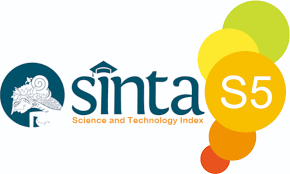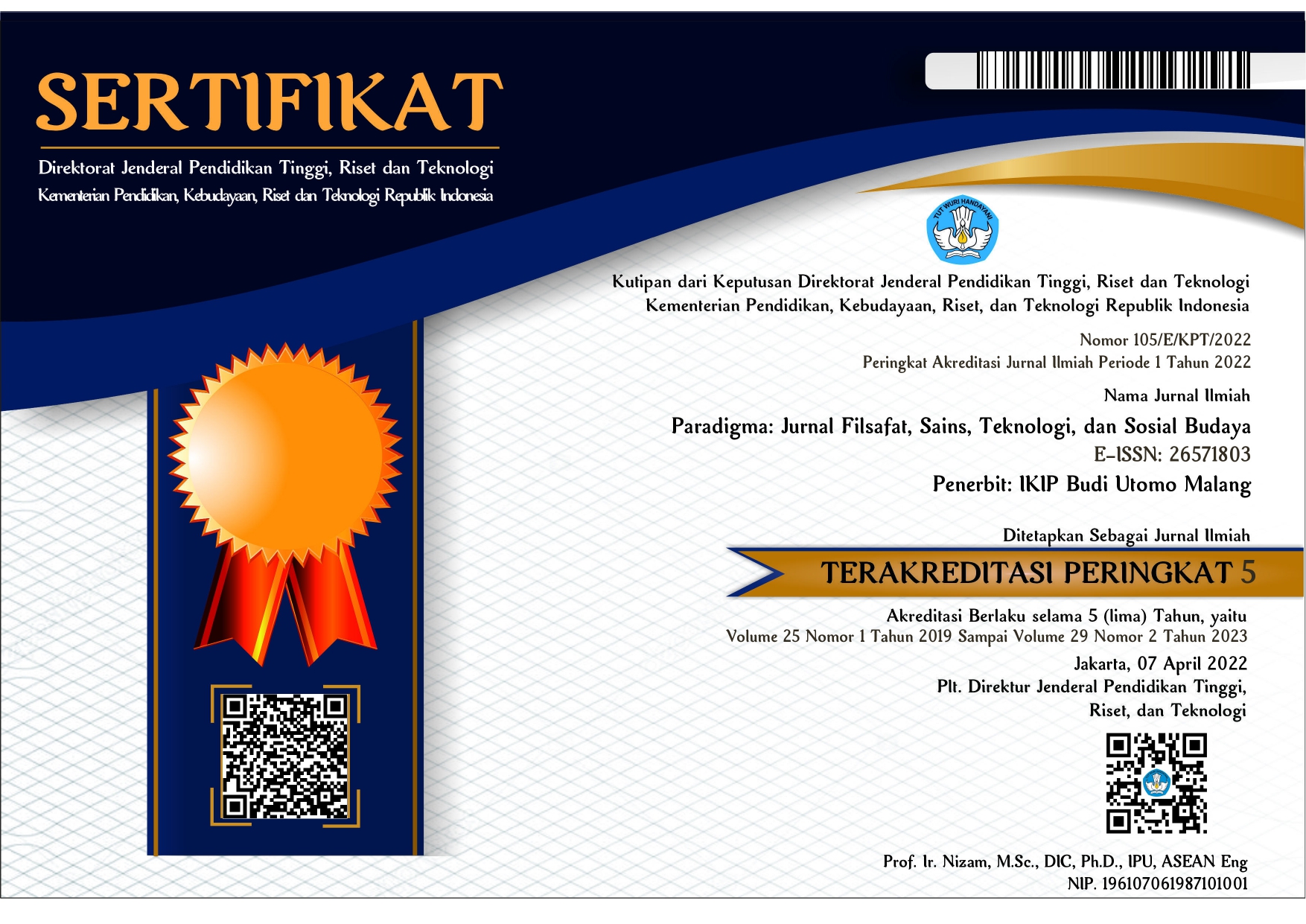Pengaruh Self Efficacy dan Pendidikan Ekonomi di Keluarga terhadap Minat Berwirausaha melalui Internalisasi Nilai Kewirausahaan pada Mahasiswa Fakultas Pendidikan Ilmu Sosial dan Homaniora IKIP Budi Utomo Malang
Abstract
The labor force based on BPS in 2013 as many as 121.19 million, while 114.02 million people already working then there are 11.90 million people into unemployment status. Entrepreneurial role is not only limited to the development of the nation's economy, but also as a driver, controller and user of a nation's economy. This research is an explanatory research or explanatory research, designed with a quantitative approach. Results of this study found that: (1) Self-efficacy does not affect the interest in entrepreneurship. The factors that cause insignificant is the attitude and habits that are owned by each student is not good. (2) Education in the family economy does not affect the interest in entrepreneurship. The factors that cause insignificant was socializing outside the home where a lot of interest in entrepreneurship is formed from outside the home. Additionally insignificant jiga was caused by the scarcity of personal communication or discussion between family members who discuss cases with material economic terkail economy. (3) Internalization of entrepreneurial values affect the interest in entrepreneurship. Internalization of self entrepreneurship can instill an attitude or behavior to become an entrepreneur. (4) Self-efficacy indirect effect of the interest in entrepreneurship through the internalization of entrepreneurship. Self-efficacy will form the internalization of entrepreneurship that will ultimately affect their interest in entrepreneurship. (5) Education in the family economy indirect effect of the interest in entrepreneurship through the internalization of entrepreneurship.








.jpg)



